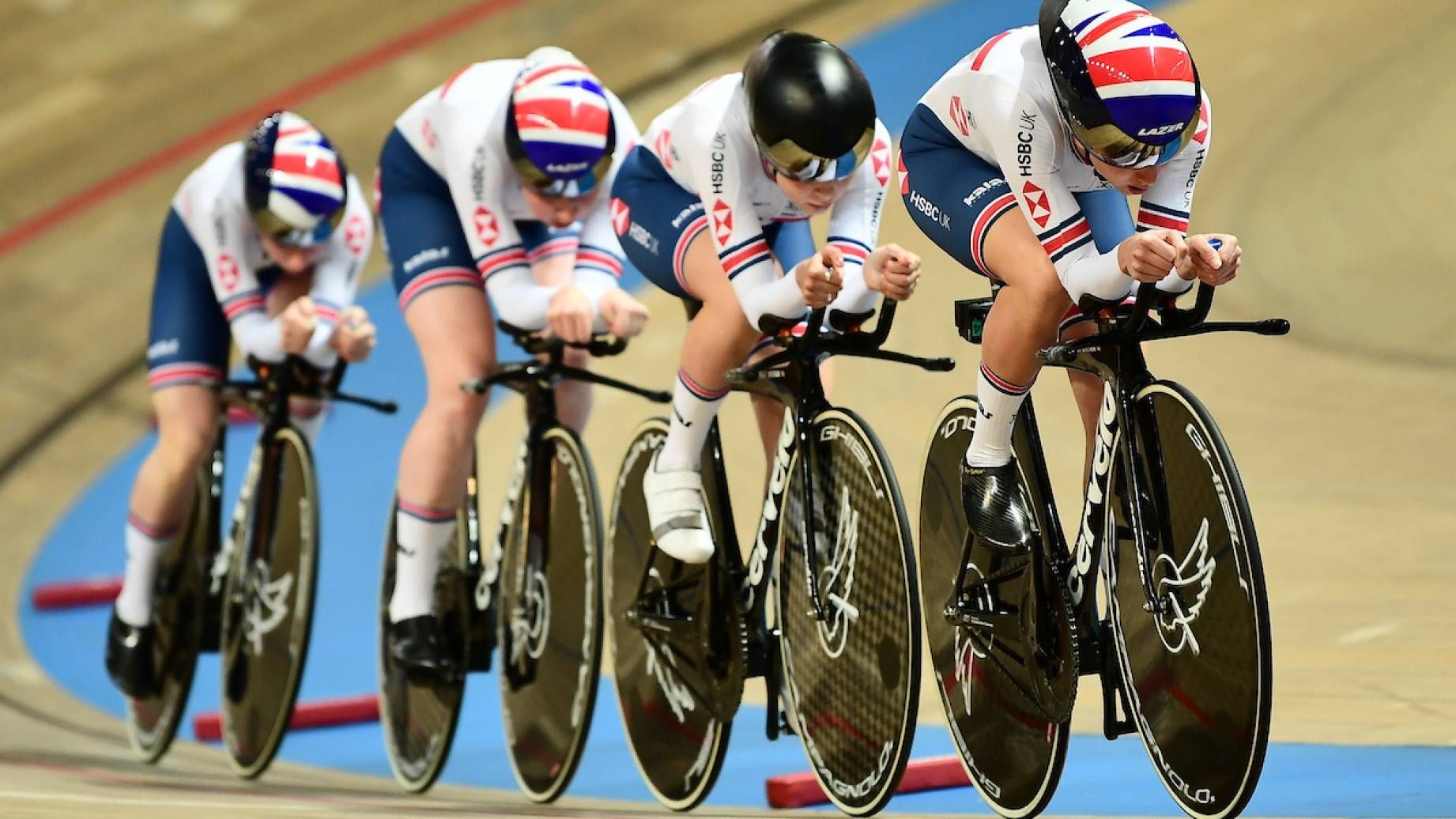British Cycling Olympic Success
How Did They Do That Olympics Special

Introduction
Since the introduction of lottery funding in the 1990s, Great Britain has seen an unprecedented rise in its Olympic cycling success. Prior to this period, British cyclists had won a modest number of gold medals in the sport. However, from the Sydney 2000 Olympics onwards, there has been a remarkable transformation. Great Britain has amassed a total of 81 gold medals in cycling events at the Olympic Games and Paralympics.
In this Olympic Games How Did They Do That special, we identify the strategic vision and investment that has revolutionised British cycling.
National Lottery Funding
The transformation began with significant investment and funding, primarily through National Lottery funding. Introduced in the late 1990s, British Cycling has received nearly £120m in funding for Olympic and Paralympic games. This has given it the financial resources necessary to recruit top talent, develop world-class facilities and invest in cutting-edge technology and training programmes.
The support from UK Sport, the government agency responsible for investing in Olympic and Paralympic sports, was also crucial. They identified cycling as a sport with high medal potential and allocated substantial resources accordingly.
Marginal Gains
A pivotal figure in this transformation was Dave Brailsford, appointed Performance Director of British Cycling in 2003. Brailsford introduced the philosophy of "marginal gains," focusing on making small improvements in every aspect of the sport. His belief was that these incremental enhancements would collectively lead to significant performance improvements. Under his leadership, a systematic approach to training, equipment and competition preparation was adopted, designed to generate improvements, however small.
Investment in talent development played a crucial role as well. British Cycling launched grassroots programmes such as Go-Ride, which encouraged participation at school and community levels. This created a pipeline of future elite athletes. Promising cyclists were then channelled into academy programmes where they received specialised coaching, support, and competition opportunities, ensuring their development was nurtured effectively.
Science and technology has also been at the heart of British Cycling's success. Performance analysis became a key component, with data analysis used to monitor and enhance athlete performance. This included biomechanics, nutrition and psychological support. The collaboration with industry partners led to the development of cutting-edge bicycles, clothing and other equipment, all rigorously tested and optimised for performance. Additionally, training in controlled environments such as altitude chambers and advanced simulation techniques helped replicate race conditions, preparing athletes for the pressures of competition.
Team Culture
A unified team culture and support system further contributed to Great Britain's success. A strong team ethos emphasised collaboration, shared goals and mutual support among cyclists, coaches and support staff. Comprehensive support services, including medical care, psychological services and lifestyle management, ensured athletes could focus entirely on their training and competition.
Strategic focus on key events was another crucial factor. British Cycling prioritised key competitions, particularly the Olympics and World Championships, in their planning and resource allocation. Regular participation in test events and simulations of major competitions helped athletes acclimatise to the conditions they would face, enhancing their performance on the big stage.
Controversies
British Cycling's success has not been controversy free. In 2016, Shane Sutton, former technical director faced accusations of discriminatory language, one of which was upheld by an internal investigation. In 2023, Richard Freeman, former team doctor to British Cycling (as well as Team Sky) was given a four year ban for violating anti-doping rules, in a case dating back to 2011.
Transferable Lessons from British Cycling's Success for Consumer Brands
The remarkable success of British Cycling offers valuable lessons for consumer brands aiming to achieve excellence in their respective fields.
First, the principle of "marginal gains" underscores the importance of continuous, incremental improvements. Brands can adopt this approach by focusing on enhancing every aspect of their product or service, no matter how small.
Second, strategic investment in talent and technology is crucial. By nurturing skilled individuals and leveraging cutting-edge innovations, brands can maintain a competitive edge.
Third, fostering a strong, unified team culture ensures that all members are aligned with the brand's vision and goals, promoting collaboration and mutual support.
Finally, maintaining ethical practices and transparency is essential for long-term success and reputation. By applying these principles, consumer brands can emulate the sustained excellence demonstrated by British Cycling.










